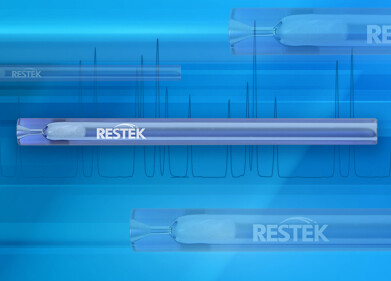Environmental Laboratory
The Myriad Ways Technology Can Help the Environment
Dec 23 2015
As technological advances continue to develop at apparently breakneck speed, our reliance on artificial intelligence is seen by many as distancing us from nature. Ironically, however, such advances could actually hold the key to help saving our environment.
Already, there are a multitude of technological innovations and applications which actively work to reduce our carbon footprint and curb the damaging effects of climate change. Here a handful of the ways in which technology can and will help the environment, now and in the future.
Zero-Emissions Vehicles
Electric vehicles are already on the market through the innovation of Tesla, and leading automotive brands are scrambling to follow suit. With such competition in the zero-emissions market, it’s really only a matter of time before fossil fuel-powered cars are replaced with electric and hybrid alternatives.
Reduction of Environmental Disasters through Meteorological Mapping
With the forecasting, measurement and analysis technologies on display at last year's Meteorological Technology World Expo, we’ve never been more capable of predicting the weather. As such, we’re better able to estimate when and where natural disasters will occur, take evasive action to try and prevent them and divert aid efforts more efficiently to cope with their consequences.
Digital Replacement of Analogue Records
With the majority of our records and transactions being stored online, there is less and less need for the environmentally-unfriendly practice of felling trees for use as paper. Hard copies are already on a downward trajectory and could feasibly become a thing of the past altogether within the foreseeable future.
Smart, Smart, Smart
Smart apps are already being used to monitor the quality of the air we breathe and regulate the amount of energy we use in our households. Over time, smart technology will promote efficiency in all walks of life, from energy generation to water filtration.
Cleaner, More Efficient Means of Recycling
As technology advances, we will be less reliant on using up new resources as we will become equipped to squeeze the maximum amount of existing ones. This can apply to fuel, food and water – indeed, new technologies for large-scale evapotranspiration measurements are already providing previously unheard-of insights into the water we use and how to better maximise it.
Biotechnology
The use of materials thought of traditionally as waste in the creation of biogas can improve efficiency. The use of genetic engineering in agriculture can boost crop yield and nutrient content without compromising on environmental performance. Furthermore, it can reduce the amount of water and fertiliser that individual crops need, thus maximising resources.
Evolution of Renewable Energy Sources
Already, the solar industry has made incredible strides over the last decade or so. Mass production in China and developments in efficiency make purchasing solar panels a far more feasible and attractive proposition than they had been previously – and with such innovation and advance only set to continue, renewables could theoretically replace fossil fuels entirely within the next century.
Digital Edition
IET 34.2 March 2024
April 2024
Gas Detection - Biogas batch fermentation system for laboratory use with automatic gas analysis in real time Water/Wastewater - Upcycling sensors for sustainable nature management - Prist...
View all digital editions
Events
Apr 22 2024 Hannover, Germany
Apr 22 2024 Marrakech, Morroco
Apr 23 2024 Kuala Lumpur, Malaysia
Apr 23 2024 Kintex, South Korea
Apr 23 2024 Edmonton, AB, Canada


















